NI hike ‘hitting small firms’
The rise in employers’ national insurance contributions has had the biggest impact on small businesses, according to new analysis of official statistics.
It has revealed that the number of job vacancies at small businesses fell by a fifth in the three months to July, compared to the three months to October.
The examination of the Office for National Statistics (ONS) figures was carried out by the Liberal Democrats, The Independent newspaper has reported.
It followed the Chartered Institute of Personnel and Development’s latest Labour Market Outlook, which found cost pressures and the NICs hike had led to a record low in private sector hiring plans.
Chancellor Rachel Reeves announced the increase in employer contributions to national insurance in her 2024 Autumn Budget.
Tina McKenzie, policy chair of the Federation of Small Businesses (FSB), told The Independent: “Small businesses don’t feel the government has their backs when it comes to creating jobs.
“It’s not just hiked costs: if you threaten small businesses with court the second they hire somebody, this is the predictable result.
“Anyone working in the real economy can feel the jobs market has turned, so we’re calling on ministers to take urgent action and fix their utter mess of an employment bill before more and more people are left out of work.”
Meanwhile, there have been reports that the Treasury is considering increasing taxes on landlords by adding national insurance on rental income.
National Insurance is currently taxed at eight per cent for employed people and six per cent for the self-employed. For income and profits over £50,270, the rate falls to two per cent.
Landlords currently pay income tax on profits from rent, although there is 20 per cent relief on mortgage interest, and property investors can subtract allowable expenses, including maintenance and letting fees.
• To discuss any issues raised by this article, please contact me on 01772 430000

